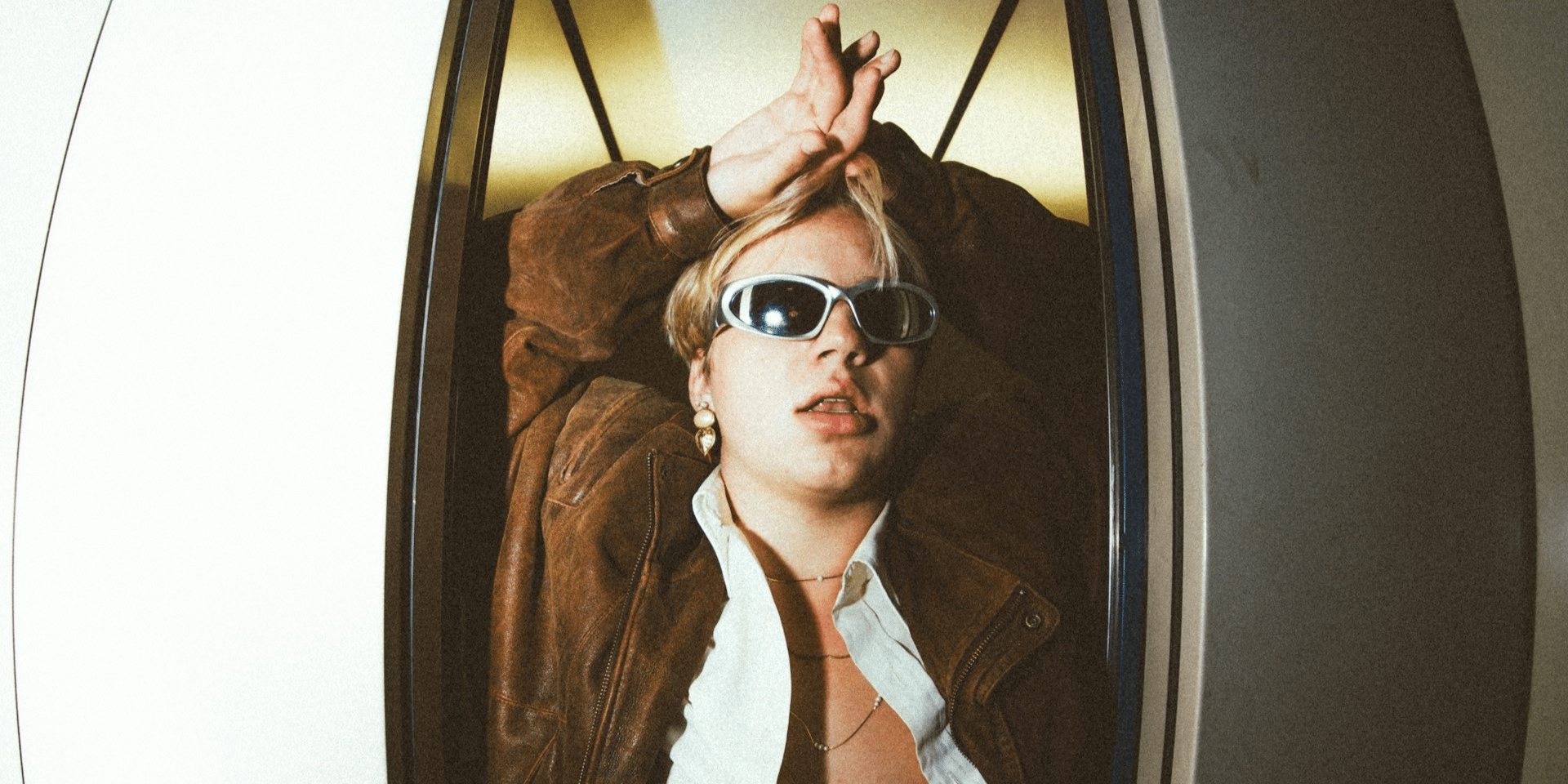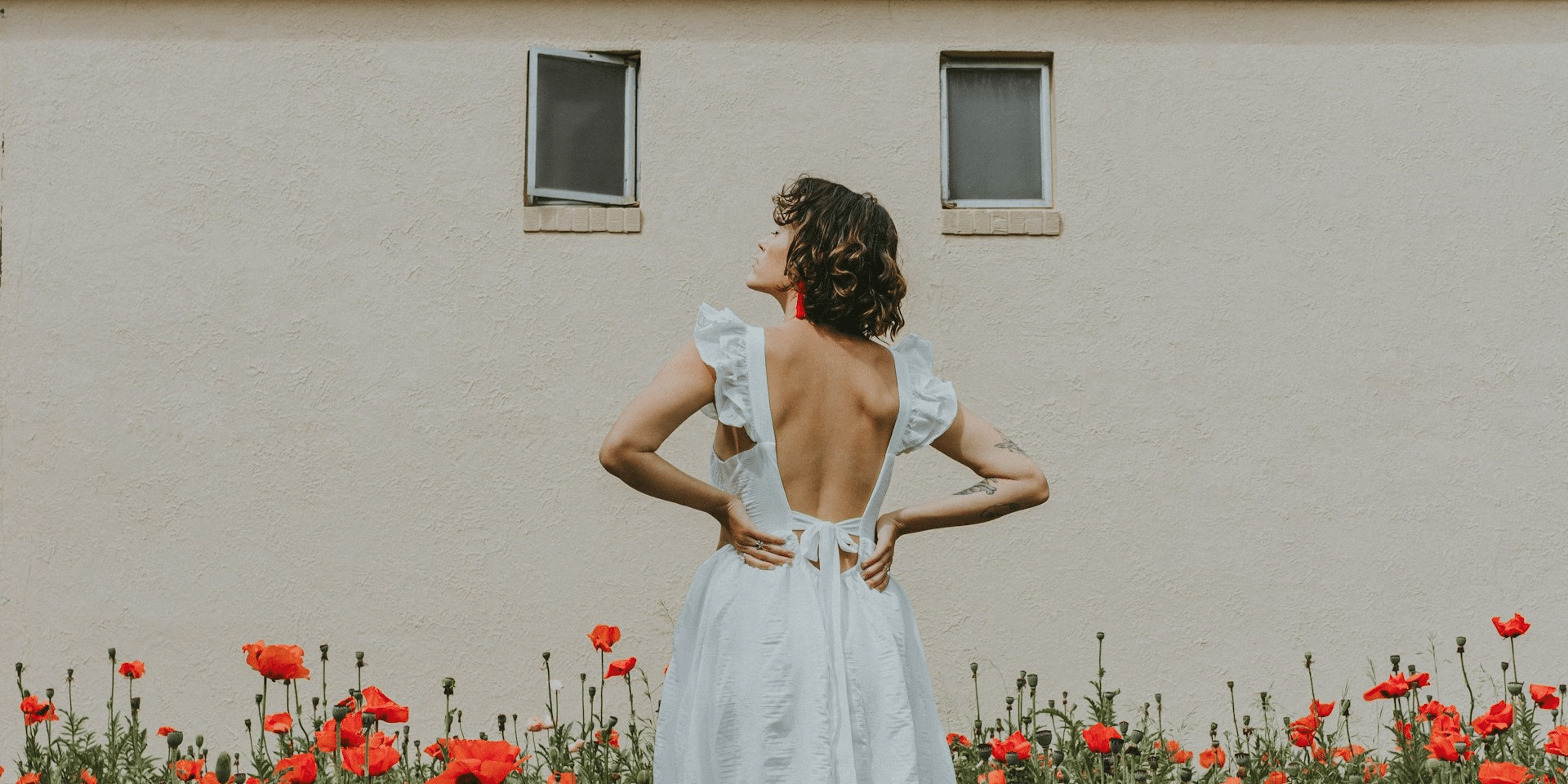The 2000s were a transformative decade for music, and Eurodance played a significant role in shaping the soundscape of this era. Eurodance artists brought energetic beats, catchy melodies, and vibrant performances to the forefront, defining a generation of music lovers. This article explores the key Eurodance artists of the 2000s, their impact on the music industry, and the enduring legacy of their contributions.
The Rise of Eurodance in the 2000s
Eurodance, a genre that combines elements of electronic dance music (EDM), house, and techno, originated in the late 1980s and gained popularity throughout the 1990s. By the 2000s, Eurodance had evolved to incorporate more sophisticated production techniques, diverse musical influences, and a broader appeal. The genre’s infectious energy and universal appeal made it a staple in clubs, radio stations, and charts worldwide.
Eurodance music is characterized by its upbeat tempo, synthesized melodies, and prominent use of vocals, often featuring a combination of singing and rapping. The genre’s high-energy beats and catchy hooks make it ideal for dancing, and its positive, feel-good lyrics resonate with audiences.
Influential Eurodance Artists of the 2000s
Cascada
Cascada, fronted by singer Natalie Horler, emerged as one of the most successful Eurodance acts of the 2000s. Their hit single “Everytime We Touch” became an international sensation, topping charts and filling dance floors. Cascada’s signature sound, combining powerful vocals with pulsating beats, helped define the Eurodance genre during this period.
Basshunter
Swedish DJ and producer Basshunter, known for his catchy tracks and engaging music videos, became a prominent figure in Eurodance in the 2000s. His song “Now You’re Gone” achieved widespread acclaim and became a staple in clubs across Europe. Basshunter’s ability to blend melodic elements with driving dance rhythms made him a standout artist in the genre.
DJ Sammy
DJ Sammy gained fame with his cover of Bryan Adams’ “Heaven,” which featured a Eurodance twist. The track’s success propelled DJ Sammy to international stardom, and he continued to release popular Eurodance hits throughout the decade. His fusion of classic melodies with modern dance beats captivated a broad audience.
Alice Deejay
Although Alice Deejay’s peak success began in the late 1990s, their influence extended well into the 2000s. The group’s iconic track “Better Off Alone” became a defining anthem of the Eurodance era, and their music continued to inspire new artists in the genre. Alice Deejay’s distinct sound and memorable hooks left a lasting impact on Eurodance.
Impact on the Music Industry
Eurodance artists of the 2000s achieved significant chart success, with many tracks reaching the top 10 in various countries. The genre’s infectious energy and widespread appeal made it a dominant force on the charts, influencing mainstream music trends. Eurodance tracks often became summer anthems, dominating airwaves and playlists.
The success of Eurodance in the 2000s helped pave the way for the rise of EDM and electronic pop music in the following decade. Elements of Eurodance can be heard in the works of contemporary pop and EDM artists, highlighting the genre’s lasting influence. The high-energy beats, synthesized sounds, and catchy hooks that defined Eurodance continue to resonate in modern music production.
Eurodance played a crucial role in shaping club and festival culture during the 2000s. The genre’s infectious beats and energetic performances made it a favorite among DJs and club-goers. Eurodance tracks were staples at major music festivals and events, contributing to the vibrant nightlife scene of the decade.
Enduring Legacy of Eurodance
The music of the 2000s, particularly Eurodance, holds a nostalgic appeal for many who grew up during that time. The genre’s upbeat and positive vibe evokes memories of carefree days and unforgettable nights on the dance floor. This nostalgia has led to a resurgence of interest in Eurodance, with retro-themed parties and playlists gaining popularity.
The legacy of Eurodance continues to inspire new artists and producers. The genre’s emphasis on melody, rhythm, and feel-good energy has influenced a new generation of musicians. Modern electronic and pop artists often draw inspiration from the sounds and styles of 2000s Eurodance, incorporating these elements into their music.
In recent years, there has been a revival of Eurodance through remixes and covers of classic tracks. DJs and producers reimagining iconic Eurodance hits have introduced the genre to new audiences while reigniting interest among longtime fans. This revival highlights the timeless appeal and enduring influence of Eurodance music.
Eurodance artists in the 2000s defined a generation with their energetic beats, catchy melodies, and unforgettable performances. The genre’s impact on the music industry, club culture, and mainstream trends was significant, and its legacy continues to influence contemporary music. As new artists draw inspiration from the sounds of the past, Eurodance remains a beloved and enduring genre that continues to captivate audiences worldwide.






